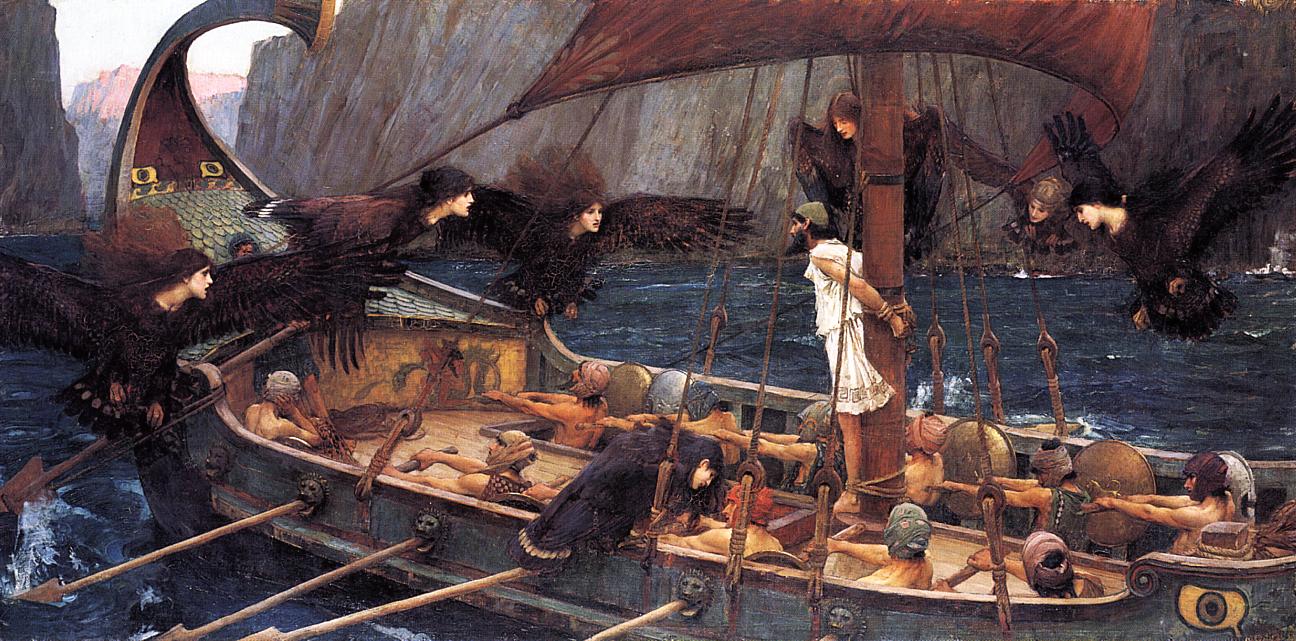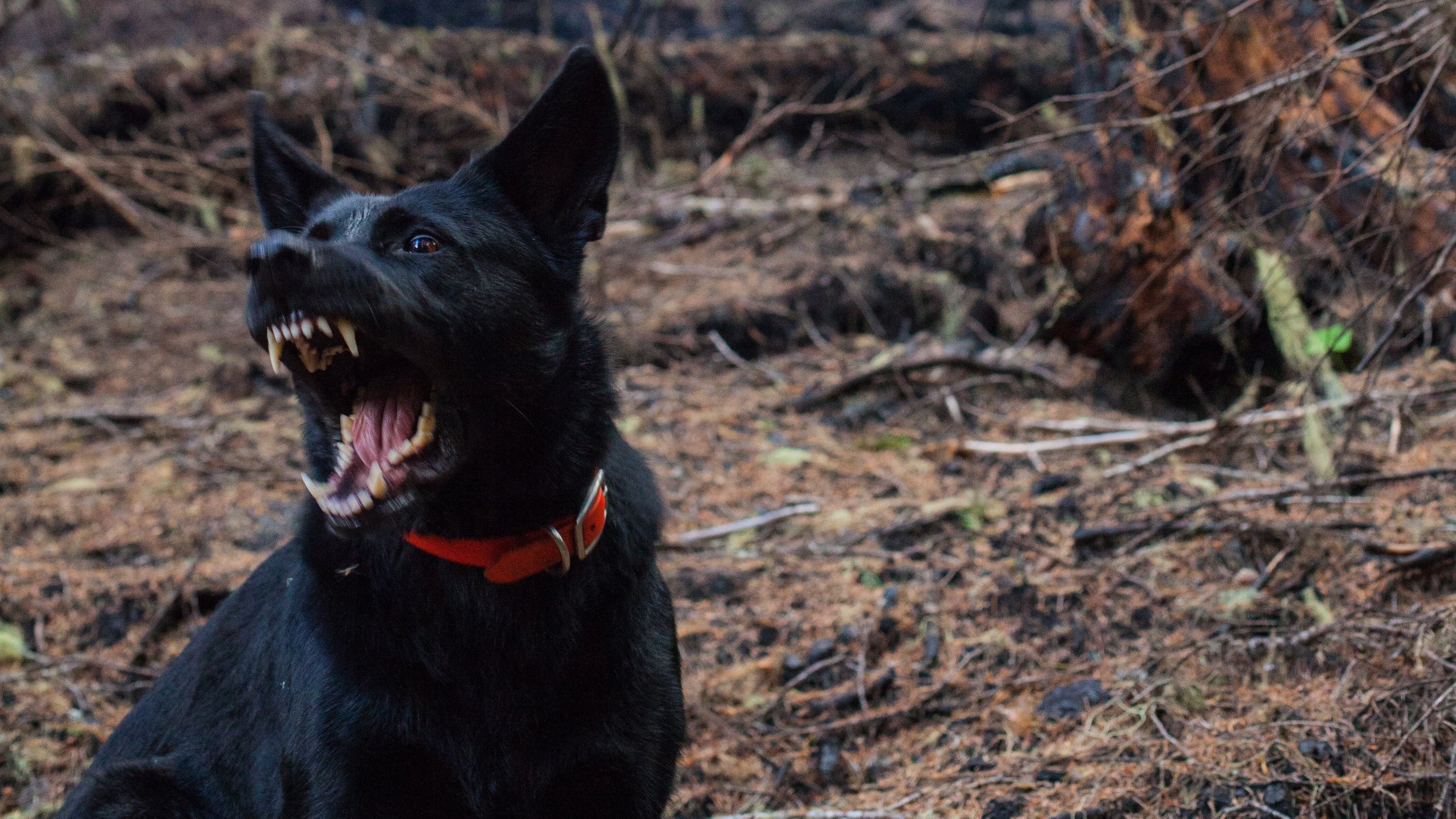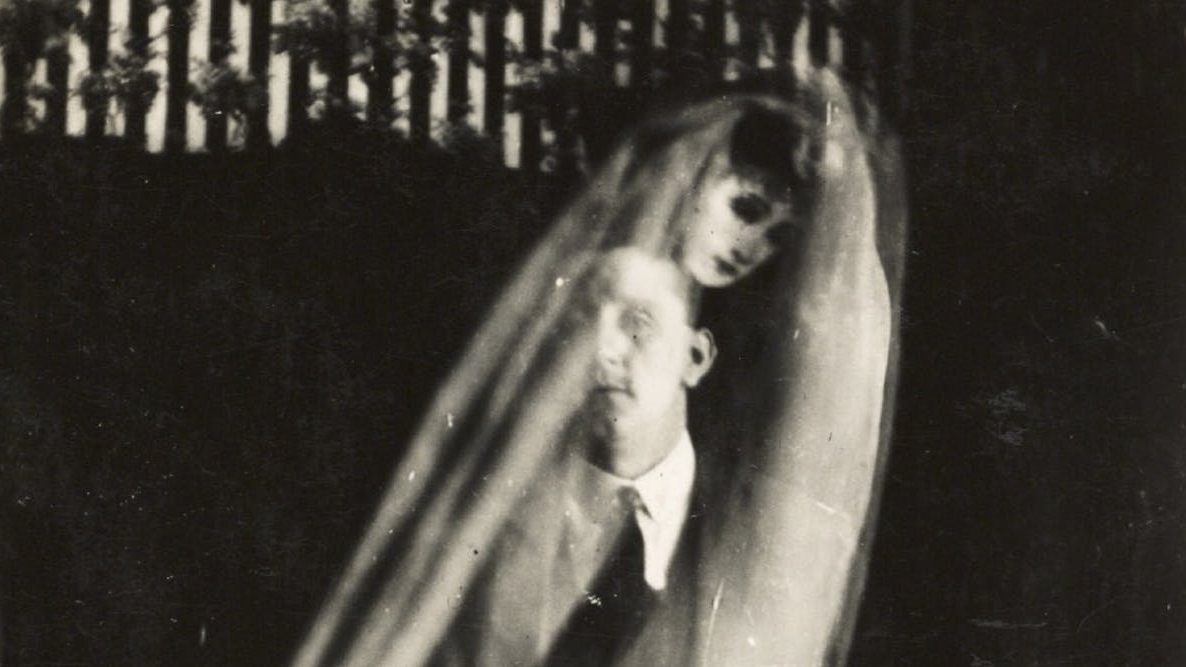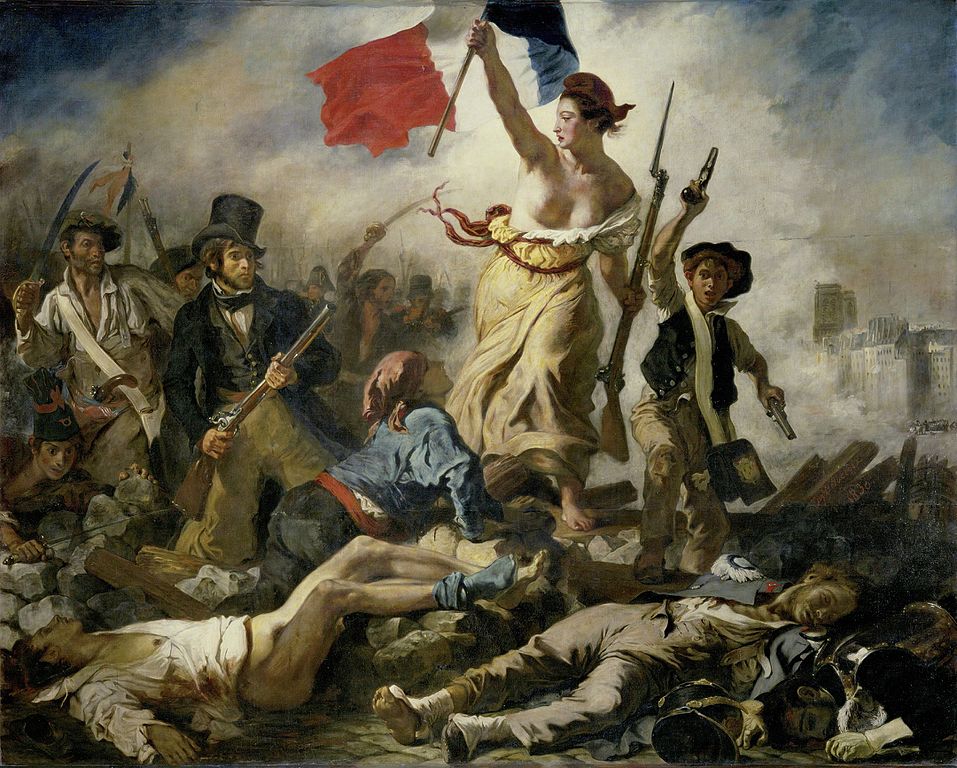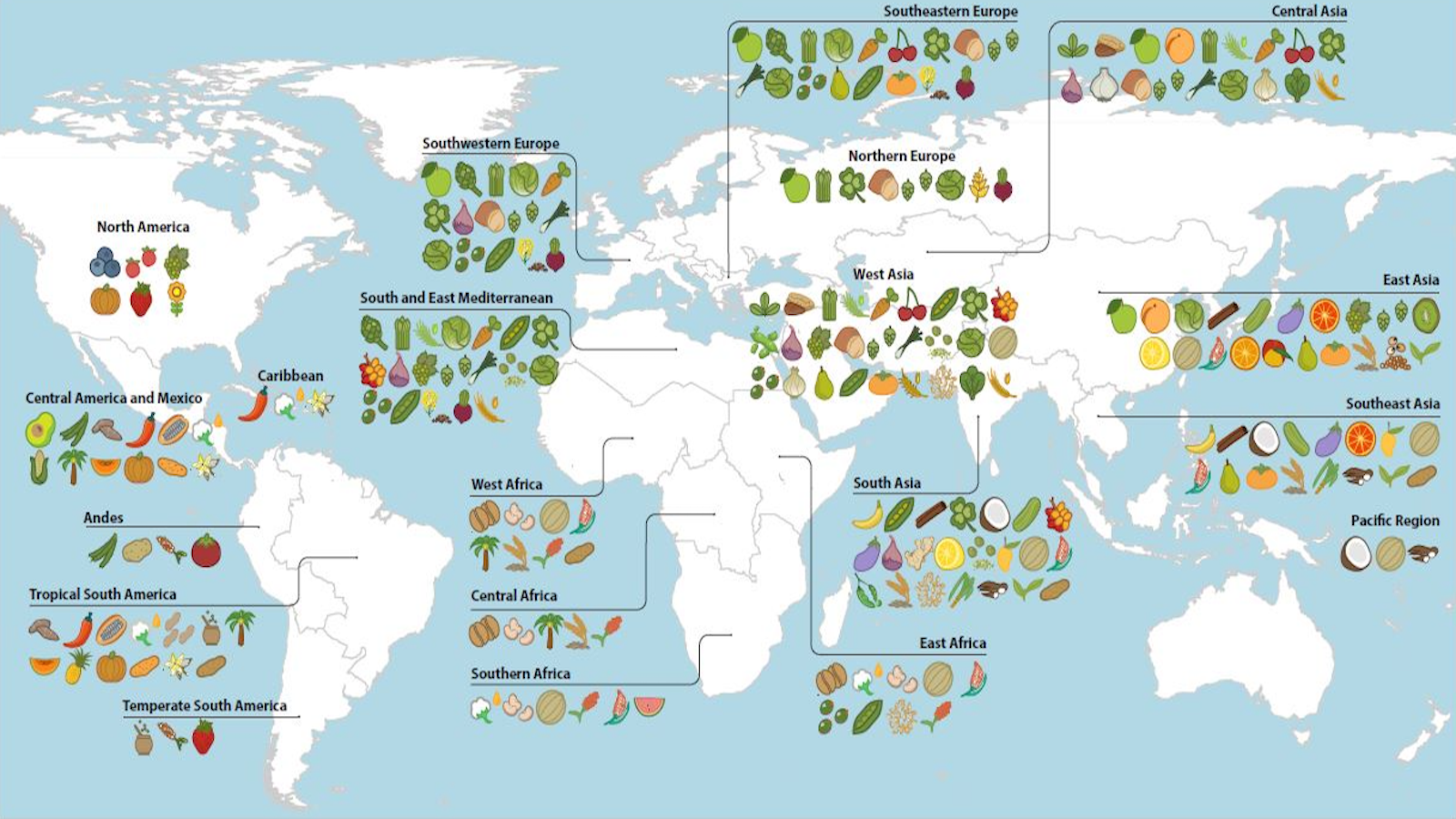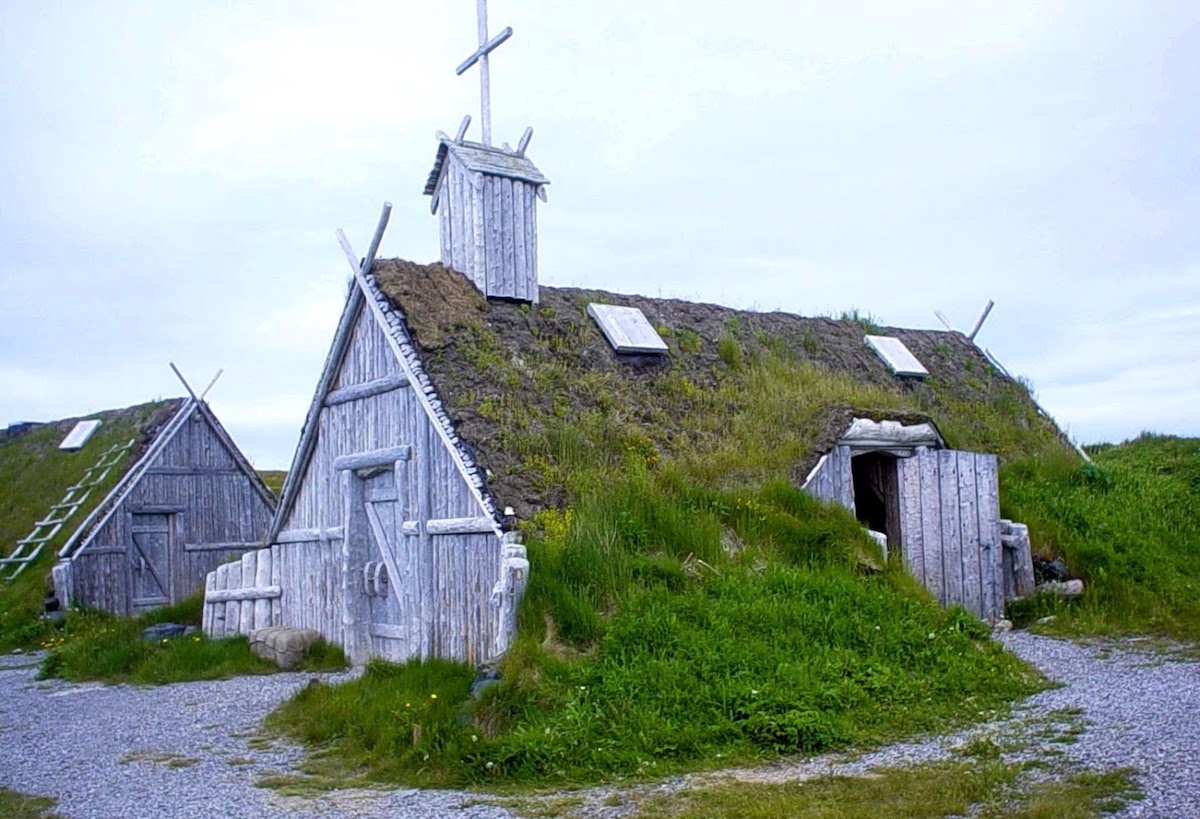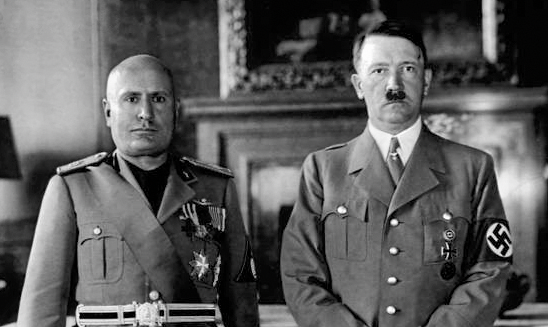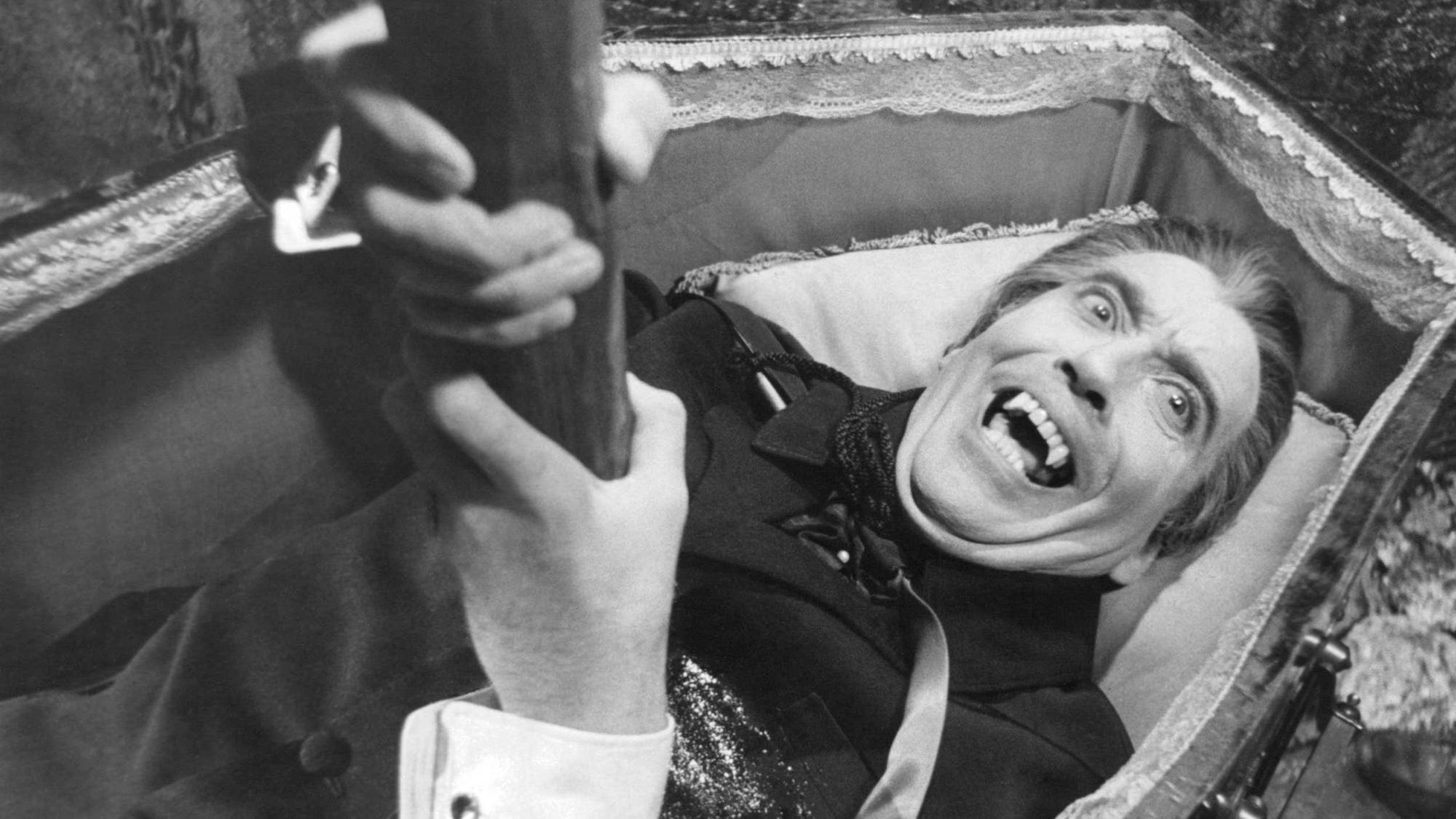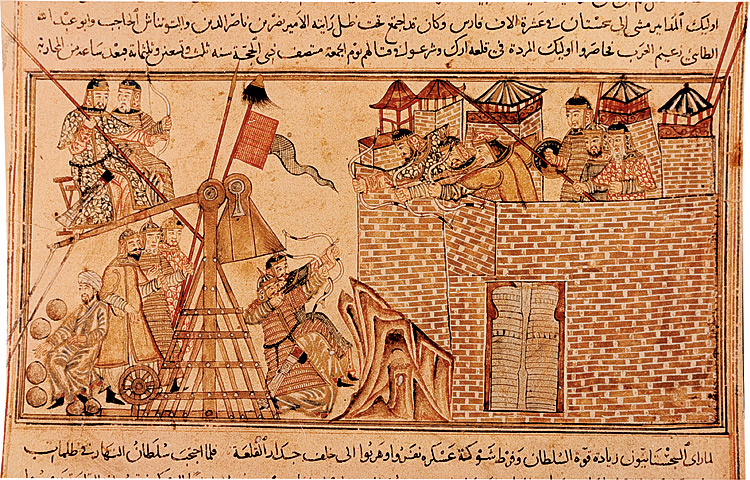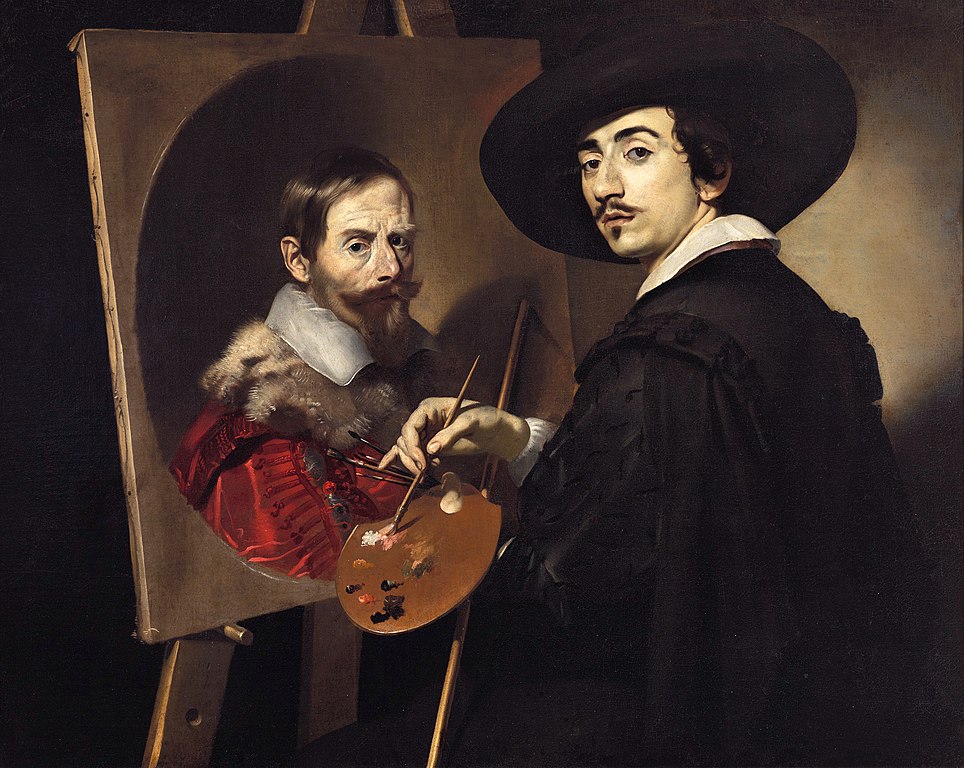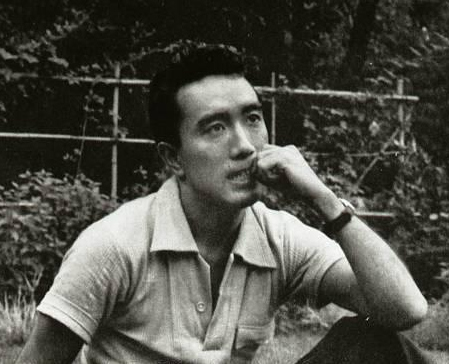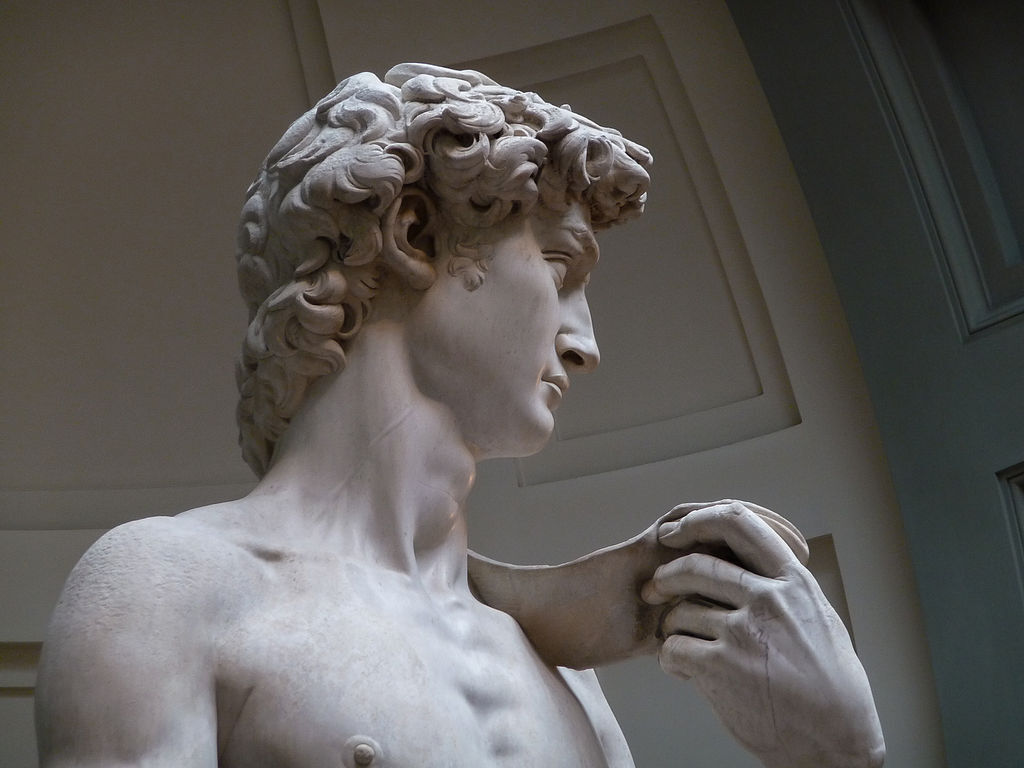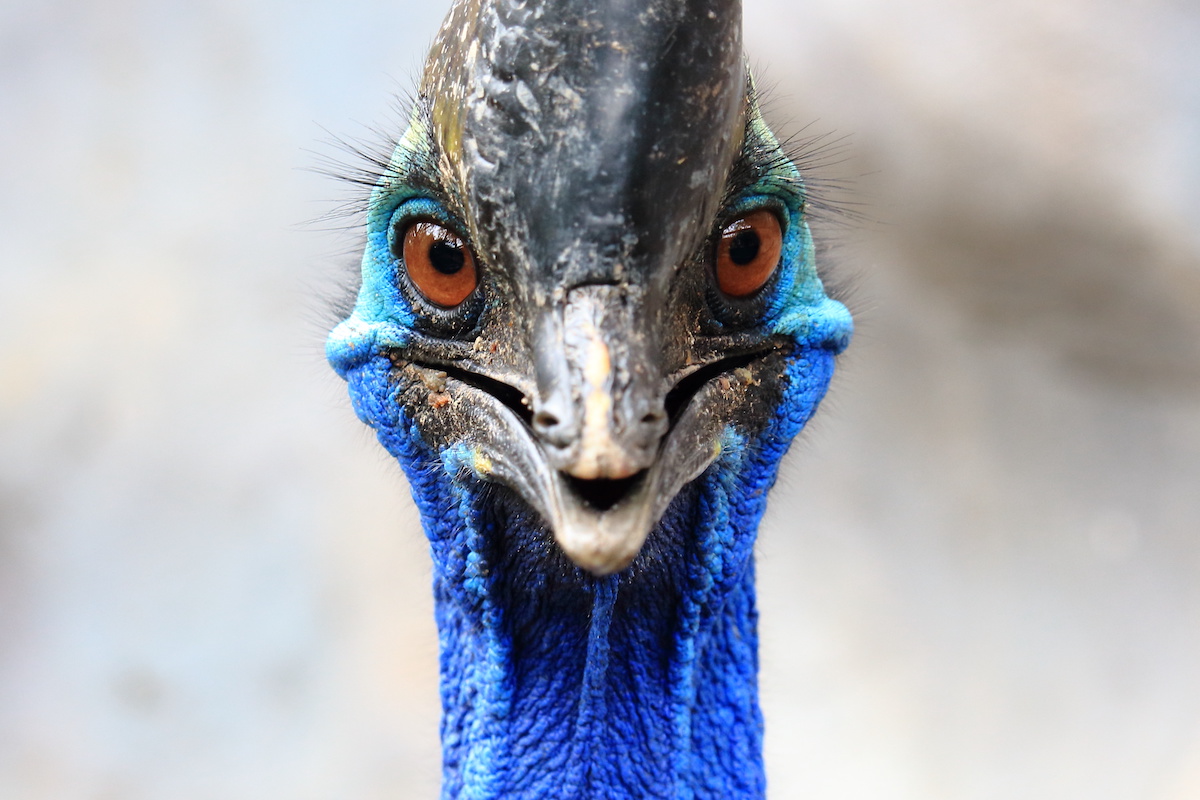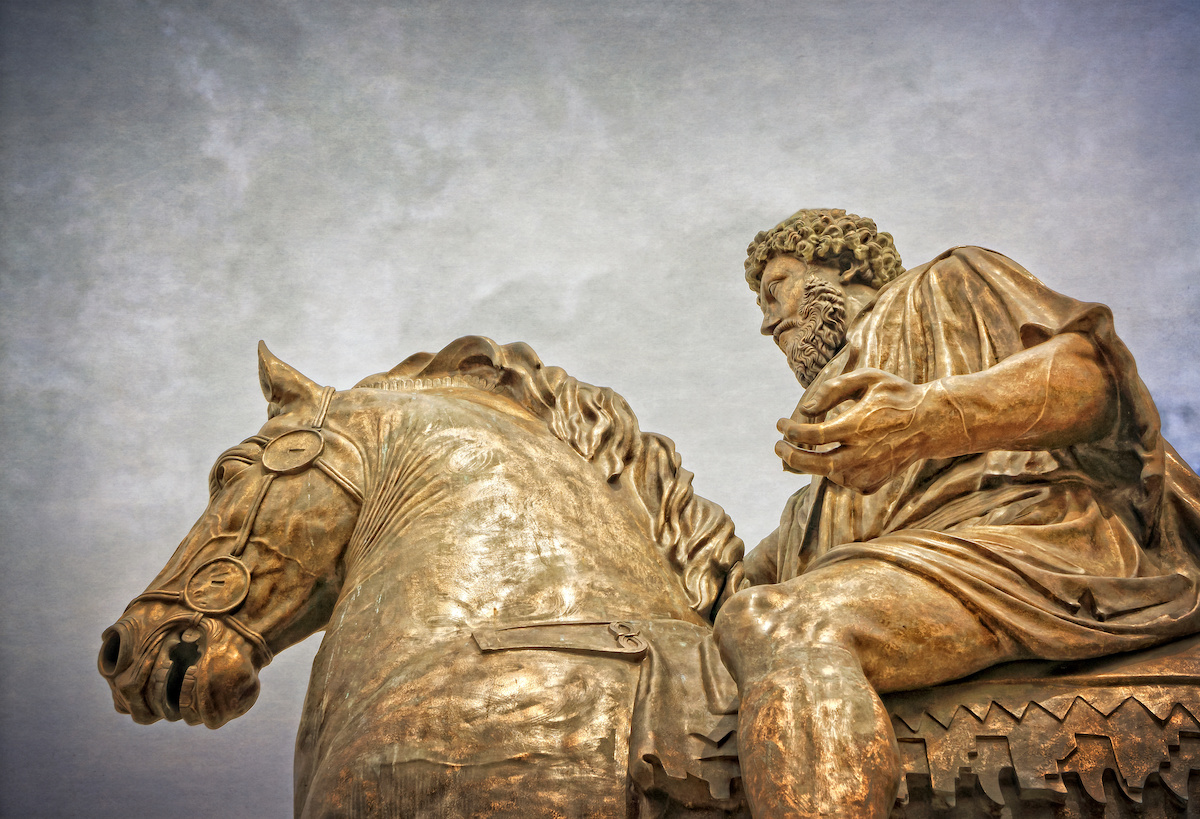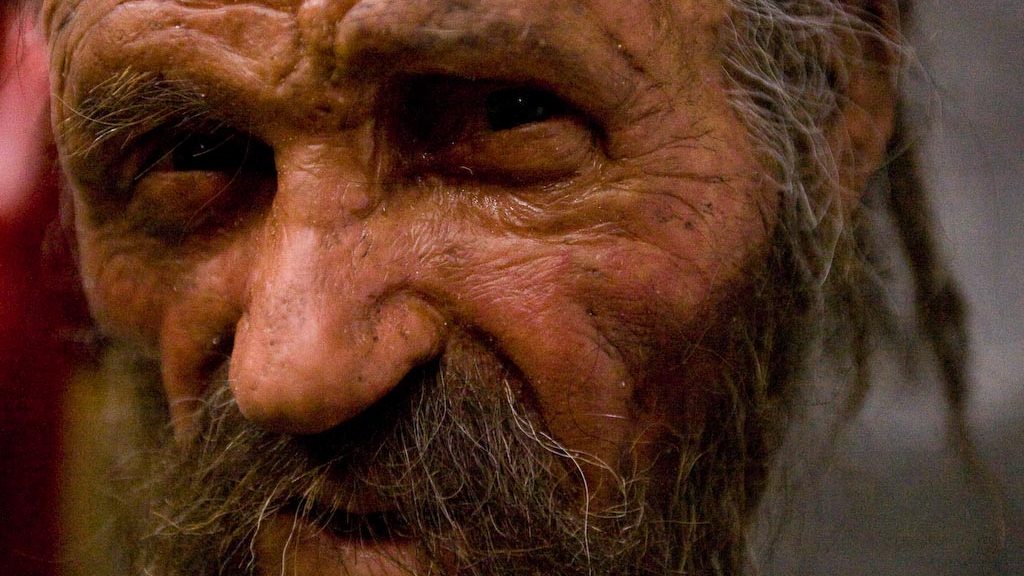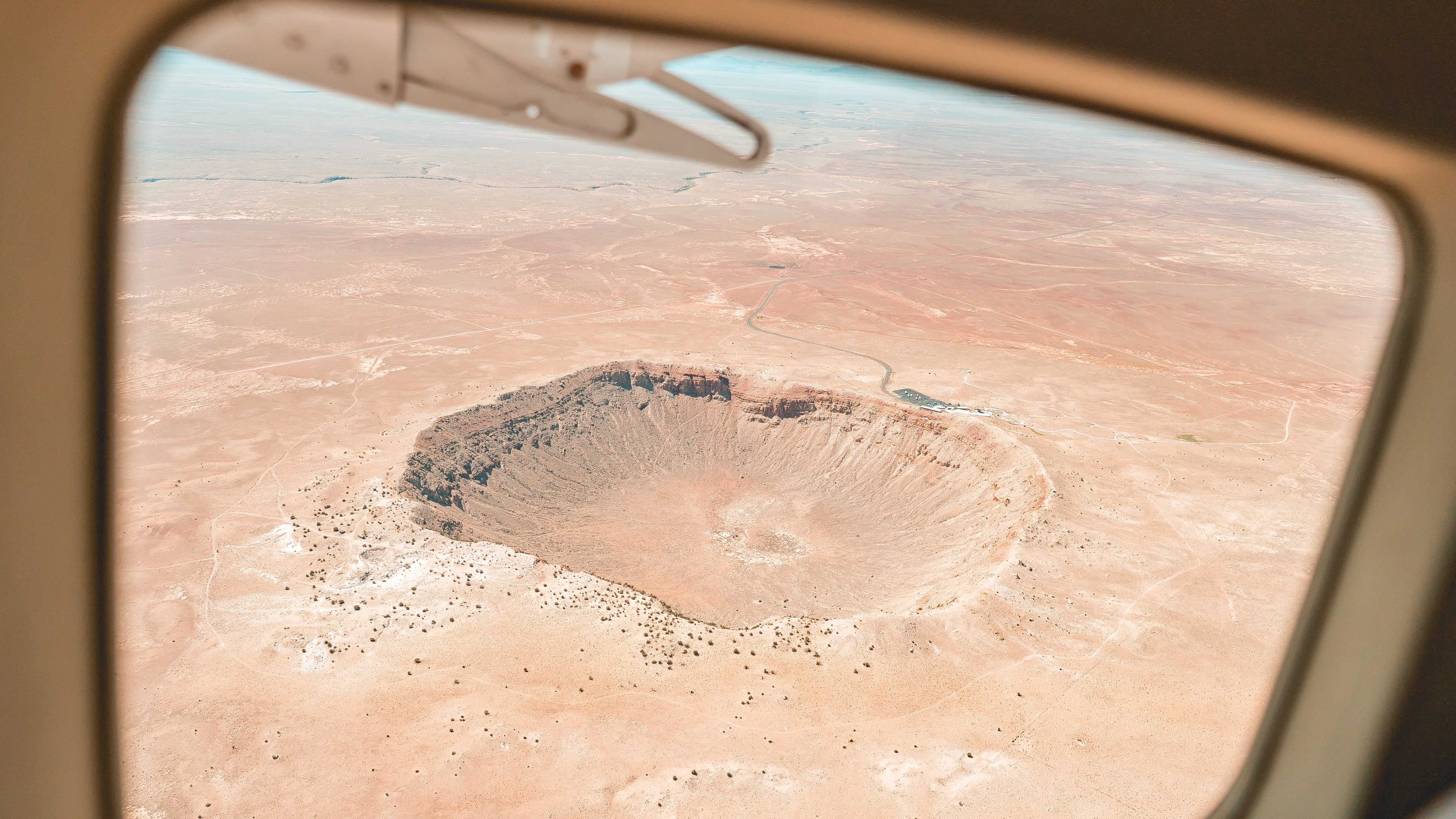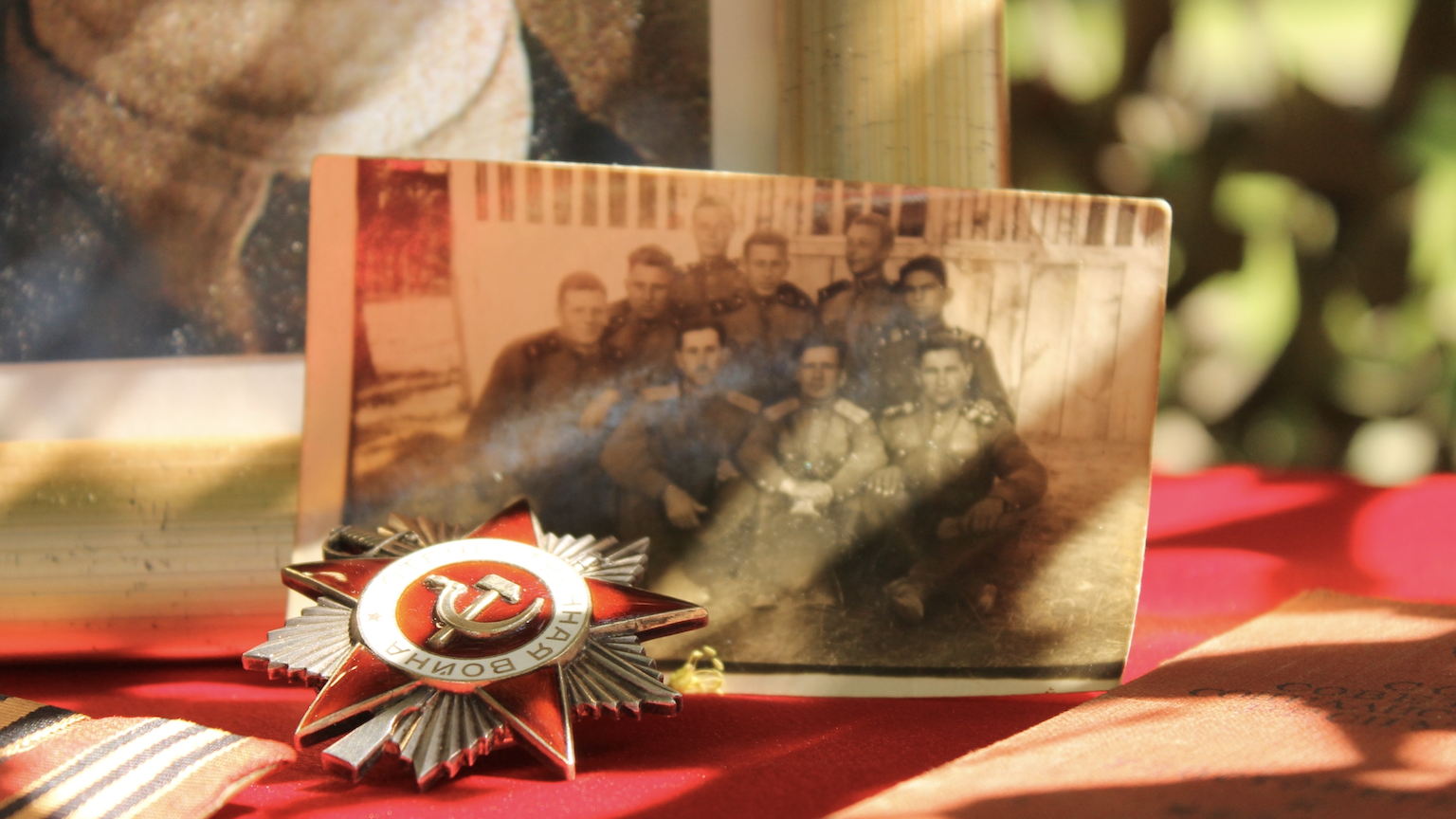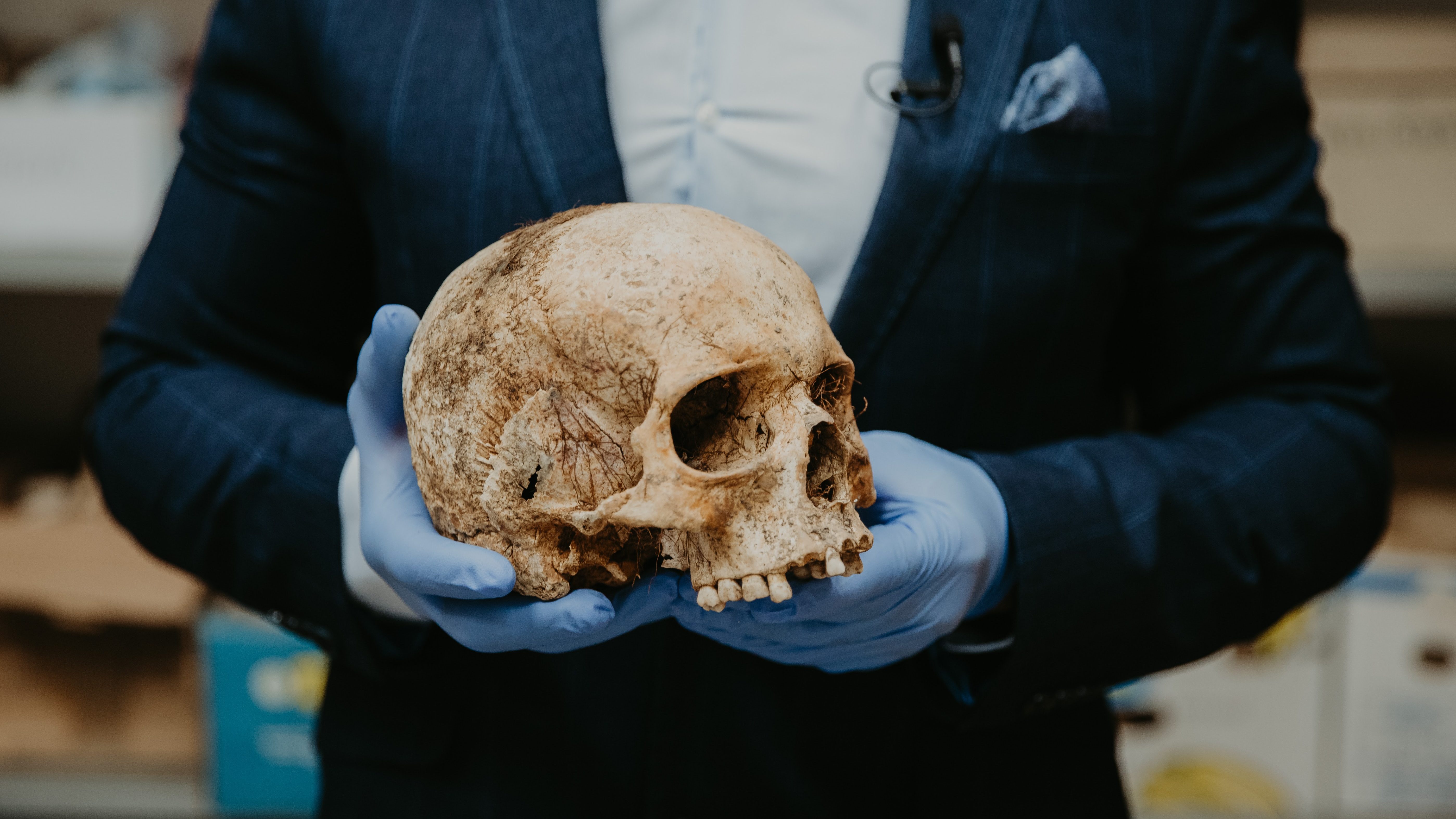history
Frank Herbert’s “Dune” refers to a religious desert people who are desperate for a savior to overthrow an evil empire. Sound familiar?
Fear is one of the oldest and most powerful emotions known to man, so it should come as no surprise that horror stories are as old as storytelling itself.
The mad dog’s bite caused a hideous metamorphosis, which transformed its human victim into a nefarious monster.
On long-haul flights, some airlines show shipwrecks on their in-flight maps. The aim is to entertain; the result is often to horrify.
Haunting photographs depict the dead as “still with us.”
The poisoned candy legend is just one way that American fears manifested: as an easily understood threat to innocence.
Will and Ariel Durant were praised for their ability to look at the big picture without losing sight of its little details, even if they did miss some of them.
69 percent of the global diet is “foreign,” says a study that pinpoints the origin of 151 food crops.
The findings at L’Anse aux Meadows mark the the earliest known year by which human migration had encircled the planet.
If you see a political movement embodying all of these traits, watch out.
Going door-to-door on All Hallows Eve to beg for ‘soul cakes’?
Societal breakdown, whether real or imagined, can lead to dramatic responses — like blood-sucking vampires.
Historians know how military technologies evolved, but the reasons why remain poorly understood.
Portraiture is one of the most intimate genres in all of painting, and it has reinvented itself many times across European history.
Time and again, studies have found a connection between authoritarian ideals and meaning in life — a notion backed up by historical documents.
Two mounds of rice and a tiny flag in a sea of curry is enough to re-heat an old territorial conflict.
The new book “Lost Cities, Ancient Tombs” documents 100 archaeological discoveries that changed the world.
A new study suggests that hunting dogs’ barks convey emotional information about the animals they see.
Yukio Mishima treated his life as if it were a story — one with a surprising and deadly final act.
Why should we rely on scientific conclusions even though they cannot be proven? A new essay offers compelling reasons.
Although the statue’s political connotations faded over time, its eyes remain fixed on a key moment in Florentine history.
Air conditioning may keep a room cool, but using it is heating up the planet. It is time for something new — or old.
During World War II, Nazi engineers allegedly tried to create UFO-shaped military aircraft.
Often called modern-day dinosaurs, cassowaries are one of only a few birds known to have killed humans.
In his new book “Courage is Calling: Fortune Favors the Brave,” Ryan Holiday explores the virtue of courage and how to overcome fear.
A 5,300-year-old mummy teaches us the global history of tattoos.
Shocked city dwellers who stared at it were blinded instantly, then the entire city caught fire.
The stone camel sculptures, seven in total and originally uncovered back in 2018, far predate more famous monuments.
As Russia’s youth welcomed a new era of capitalism in the 1990s, their parents and grandparents clung to fleeting memories of Soviet life.
An unexpected finding shows us how little we know about the early human story in our region.

